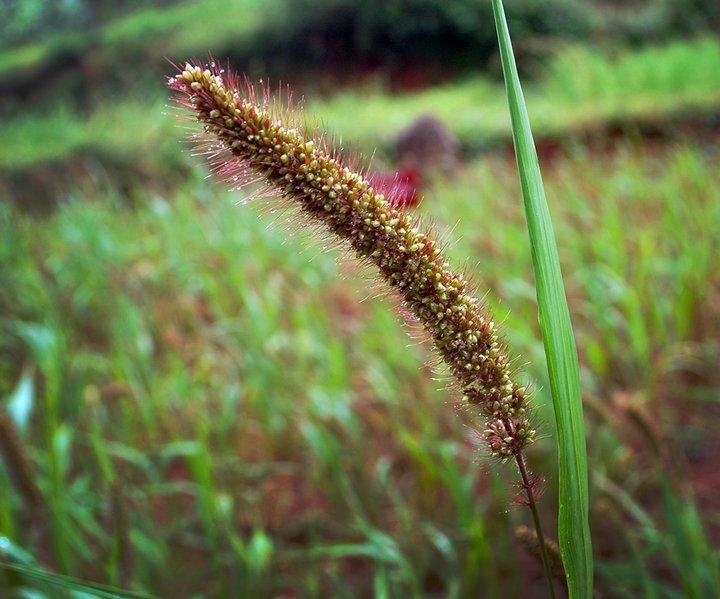Press and News Making local crops work for nutrition-sensitive agriculture

A new framework will guide practitioners to use a broad portfolio of crop species to bring nutrition back to the table.
Supporting nutrition-sensitive agriculture through neglected and underutilized species is a new framework, developed by Bioversity International and the International Fund for Agricultural Development (IFAD), that sets out how using a diversified range of crop species and varieties can put nutrition back into our food production systems.
The publication draws attention to the underutilized potential of thousands of cultivated and wild food plants that are no longer used in mainstream agriculture, having fallen victim to modern cultivation practices, the standardization and uniformity of globalized markets or changing eating habits. Also known as 'neglected and underutilized species,' these plants have the potential to contribute to healthy diets, healthy food production systems, improved livelihoods and sustainable development. They also make good economic sense.
Groundbreaking projects that IFAD has been championing in Asia, Africa and Latin America for almost 20 years, with partners including Bioversity International, have gathered the evidence, for example, on mainstreaming millets as a central element for sustainably enhanced incomes, empowerment and nutrition in rural India.

The publication uses evidence and lessons learned to set the framework for maintaining genetic diversity in programmes and projects to strengthen nutrition-sensitive agriculture. It is designed as a companion to Nutrition-sensitive value chains: A guide for project design. The Framework offers case studies and guidance on effective practice - for example, empowering women through innovative value chain developments or promoting the participation of marginalized groups.
Approximately 70% of the world's remaining biodiversity is estimated to be in the territories of indigenous communities. Indigenous women in particular play an important role in the conservation of neglected and underutilized species and the traditional knowledge about how to cultivate and prepare them, contributing to nutrition security in the household.
Adopting an inclusive approach, for example through the participation of all groups in a community, allows the sparse but rich traditional knowledge of all the groups to be combined and reduces inter-group tensions.
Read Supporting Nutrition-Sensitive Agriculture through Neglected and Underutilized Species – An Operational Framework:
English French Spanish
This work is supported by the Canadian Government and harnesses the experience gained through previous Grants supported by IFAD and the EU Commission's Directorate-General for International Cooperation and Development (DG DEVCO). Bioversity International and IFAD have been developing an operational framework to guide practitioners within and outside of IFAD on ways to embed Neglected and Underutilized Species in project design and promote their sustainable use throughout a holistic, inter-disciplinary and inter-sectorial value chain approach. The framework is will be supported by five upcoming How-To-Do Notes (covering priority setting, marketing and policy).
This work is part of the CGIAR Research Program on Agriculture for Nutrition and Health (SPEAR Flagship 4) and is supported by CGIAR Trust Fund Donors
